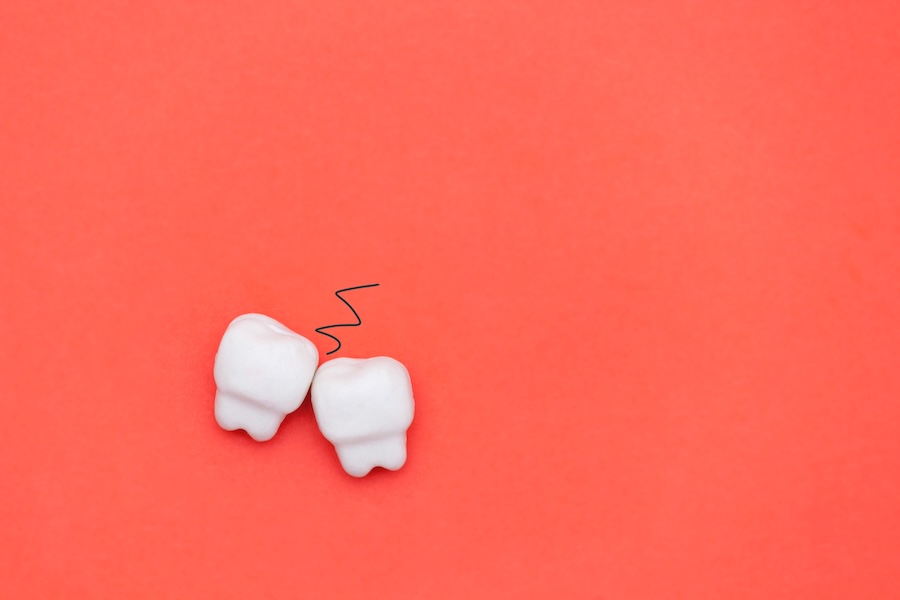
Spotting the Early Signs of Bruxism
November 19, 2025 9:00 amDo you ever wake up with a sore jaw, a headache, or teeth that just feel… off? You might be dealing with bruxism—the habit of grinding or clenching your teeth. At Magnolia Family Dental in Alvin, TX, Dr. Angela Marteeny helps patients identify and manage bruxism before it leads to long-term damage.
What Is Bruxism?
Bruxism is the involuntary grinding or clenching of teeth, and it often happens while you sleep. Many people don’t even know they’re doing it until symptoms start to show up—or a dentist spots the early warning signs.
How to Tell If You’re Grinding Your Teeth
Bruxism can be subtle at first, but there are a few early red flags worth paying attention to:
- Morning jaw pain or tightness: Waking up with jaw discomfort or soreness is a classic clue that you’ve been clenching at night.
- Frequent headaches: Especially those centered around the temples or jaw area, often caused by muscle tension from clenching.
- Tooth sensitivity: If your teeth suddenly feel more sensitive to hot or cold foods, it could be a result of worn enamel from grinding.
- Visible wear on teeth: Your dentist might notice flat spots, tiny chips, or cracks—especially on the biting surfaces of your molars.
- Clicking or popping in the jaw: A sign that your jaw joints are under strain, which can lead to TMJ disorders if left untreated.
- Disturbed sleep or waking up tired: Clenching and grinding can reduce sleep quality—even if you don’t remember doing it.
Why Early Detection Matters
Left untreated, bruxism can lead to serious dental problems. Grinding wears down enamel, the protective outer layer of your teeth, which increases the risk of cavities and fractures. Chronic clenching can also damage dental work like crowns and fillings, contribute to receding gums, and create or worsen TMJ issues.
What Causes Bruxism?
There’s no single cause, but common contributors include:
- Stress or anxiety
- Misaligned teeth or bite
- Sleep disorders, including apnea
- Certain medications or lifestyle habits (like caffeine or alcohol use)
What You Can Do About It
The first step is getting a professional evaluation. At Magnolia Family Dental, Dr. Marteeny can assess for signs of bruxism and help you figure out the best next step. For many patients, a custom nightguard is the simplest and most effective solution. This comfortable appliance is worn while sleeping and acts as a cushion between your upper and lower teeth, preventing further damage.
Other treatment options might include addressing bite alignment issues, making small adjustments to dental restorations, or helping you manage stress more effectively. In some cases, Botox injections are used to relieve tension in the jaw muscles.
Custom Nightguards at Magnolia Family Dental in Alvin, TX
If any of these signs sound familiar, don’t wait until your next checkup to bring them up. Catching bruxism early can help you avoid discomfort, preserve your teeth, and even improve your quality of sleep. Reach out to Magnolia Family Dental in Alvin, TX, to schedule an exam—we’re here to help your smile feel and function its best, day and night.
Categorised in: Bruxism
